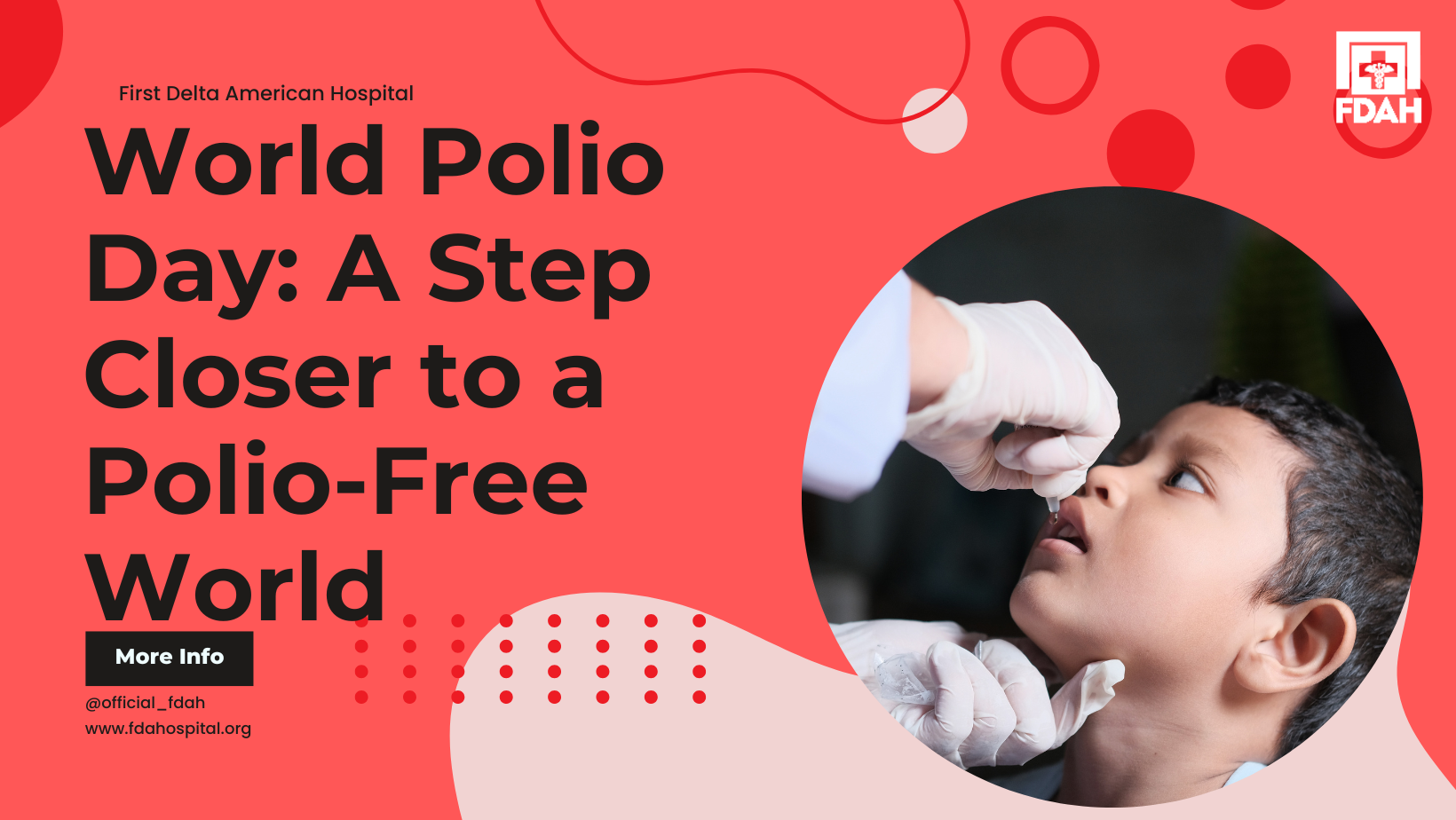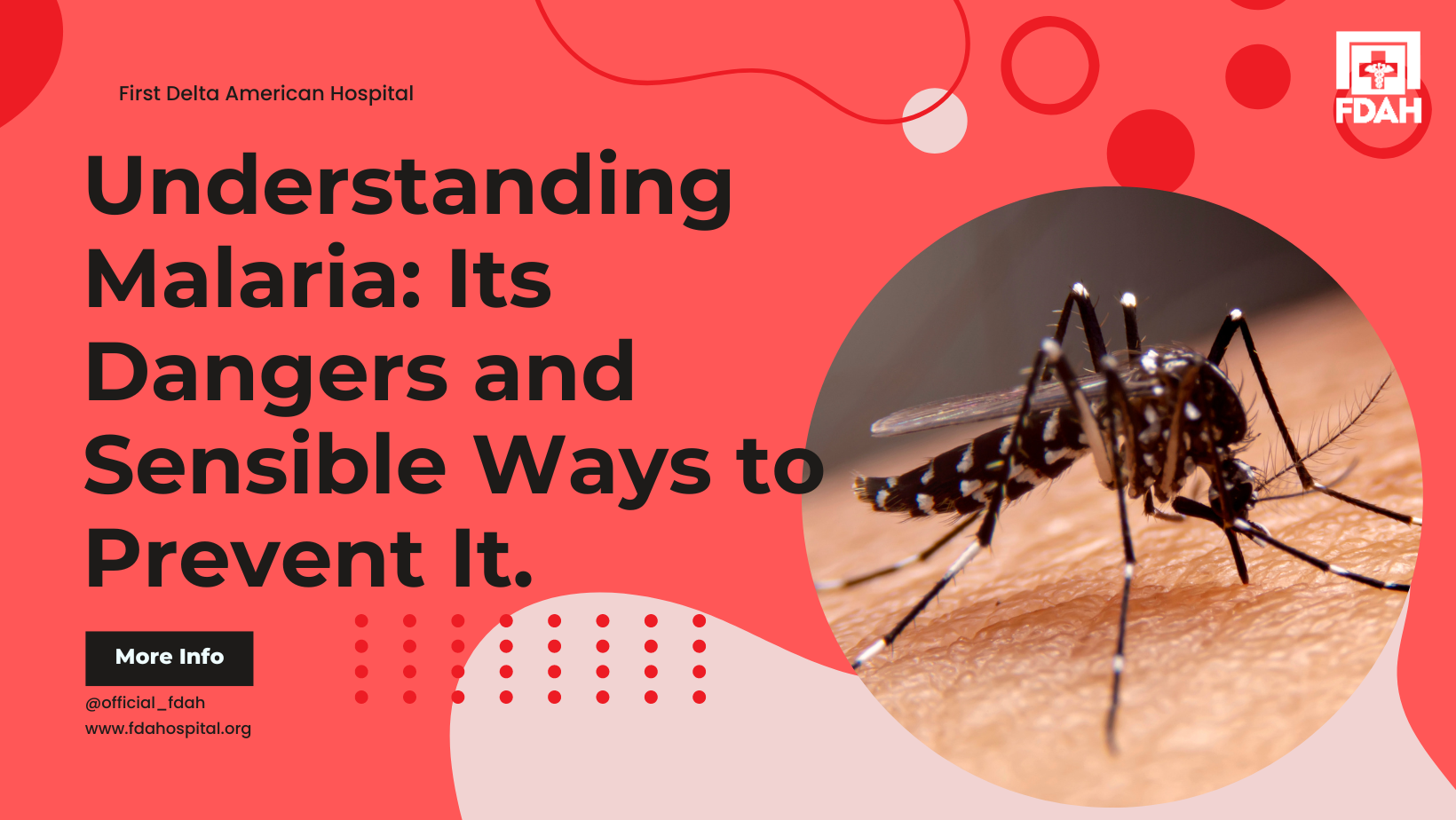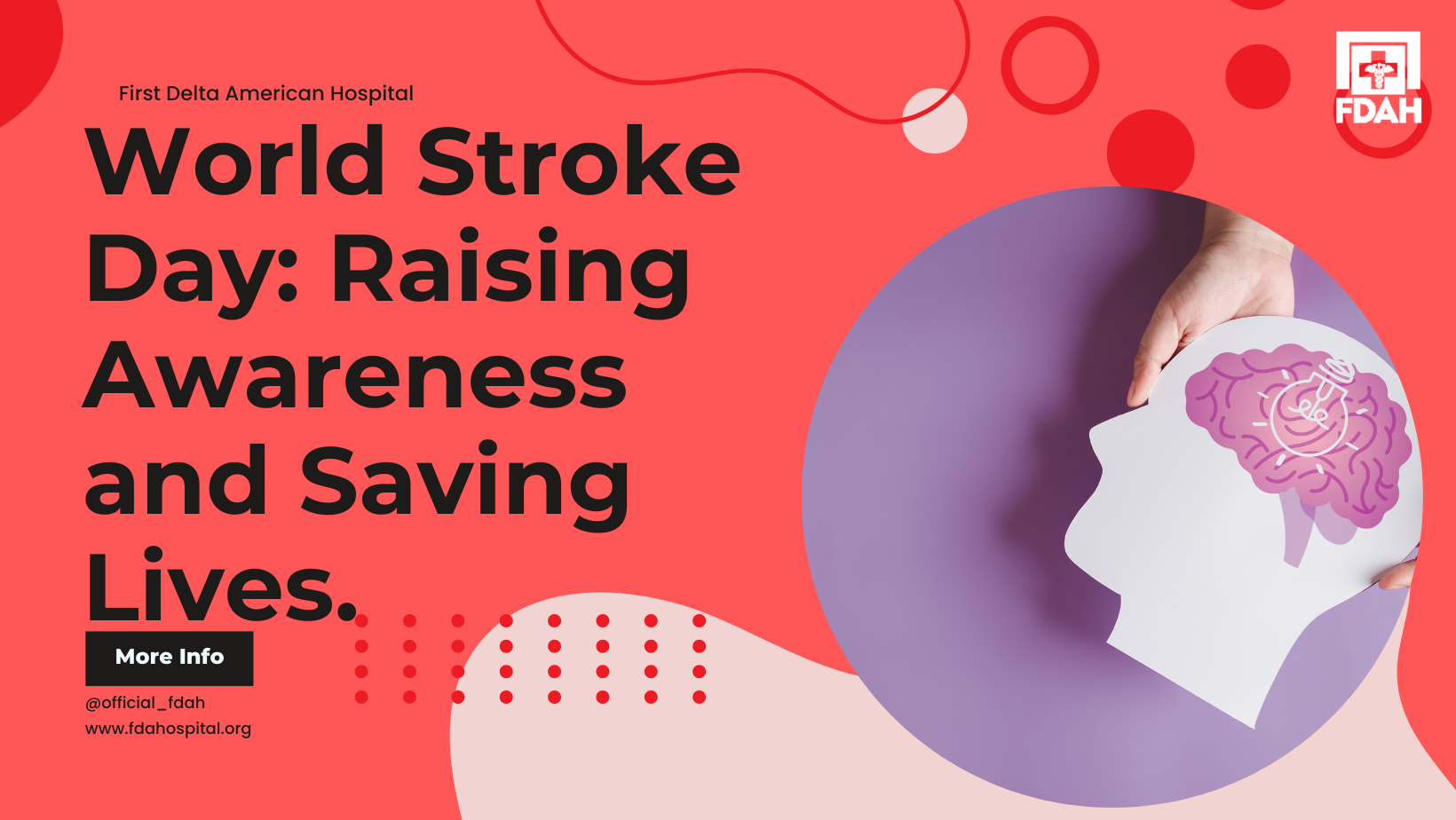Constipation Awareness Month is an essential time to shed light on a condition that affects millions globally. While often dismissed as a minor inconvenience, constipation can significantly impact an individual’s quality of life. This article will provide a detailed exploration of what constipation is, the history and significance of Constipation Awareness Month, tips for prevention, and methods of treatment. Let’s dive into this important topic and learn how to foster better digestive health.
What is Constipation?
Constipation is a common digestive issue characterized by infrequent bowel movements or difficulty passing stool. While the frequency of bowel movements varies among individuals, constipation is typically defined as having fewer than three bowel movements per week.
Symptoms of Constipation
- Straining during bowel movements
- Hard or lumpy stools
- A feeling of incomplete evacuation
- Abdominal discomfort or bloating
- Decreased appetite
Causes of Constipation
Constipation can arise due to various factors, including:
- Dietary Habits: A lack of fiber or inadequate fluid intake.
- Lifestyle Factors: Sedentary behavior or irregular routines.
- Medical Conditions: Irritable bowel syndrome (IBS), hypothyroidism, or neurological disorders.
- Medications: Certain pain relievers, antacids, and antidepressants.
- Stress: Emotional stress can interfere with digestive processes.
The History of Constipation Awareness Month
Constipation Awareness Month was established to break the stigma surrounding this condition and encourage open dialogue about digestive health. It provides a platform for healthcare providers, patients, and advocates to promote education, prevention, and effective management strategies.
The movement has gained traction over the years as awareness about gut health and its connection to overall well-being has grown. Healthcare organizations worldwide use this month to highlight the importance of addressing constipation as a legitimate health concern rather than an embarrassing inconvenience.
The Importance of Gut Health
Gut health is integral to overall health. The gastrointestinal system is responsible for nutrient absorption, waste elimination, and even immune system regulation. Chronic constipation can lead to complications such as:
- Hemorrhoids
- Anal fissures
- Fecal impaction
- Rectal prolapse
Addressing constipation promptly and effectively can prevent these complications and improve quality of life.
Tips to Prevent Constipation
Preventing constipation involves making dietary and lifestyle changes to promote regular bowel movements. Here are some effective strategies:
1. Increase Dietary Fiber
Fiber adds bulk to stools, making them easier to pass. Adults should aim for 25-30 grams of fiber daily.
- High-Fiber Foods: Fruits, vegetables, whole grains, legumes, nuts, and seeds.
- Practical Tips: Add a handful of berries to your morning cereal or incorporate beans into your meals.
2. Stay Hydrated
Dehydration can lead to hard stools, making them difficult to pass. Aim for at least 8-10 glasses of water daily. Herbal teas and clear broths can also contribute to your fluid intake.
3. Exercise Regularly
Physical activity stimulates intestinal contractions, promoting regular bowel movements. Activities such as walking, yoga, and swimming are excellent for gut health.
4. Establish a Routine
Train your body by setting aside time for bowel movements daily. Responding promptly to the urge to defecate can prevent stool from becoming dry and hard.
5. Limit Processed Foods
Processed foods high in sugar and fat can slow digestion. Opt for whole, minimally processed foods to keep your digestive system functioning optimally.
Treating Constipation
If constipation persists despite preventive measures, treatment options are available. Here are some common approaches:
1. Over-the-Counter Remedies
- Fiber Supplements: Psyllium or methylcellulose can boost fiber intake.
- Stool Softeners: Help make stools easier to pass.
- Laxatives: Used sparingly, these can provide temporary relief. Options include osmotic laxatives like polyethylene glycol or stimulant laxatives like bisacodyl.
2. Dietary Adjustments
A nutritionist can help create a meal plan tailored to your needs, emphasizing gut-friendly foods.
3. Probiotics
Probiotics like Lactobacillus and Bifidobacterium can restore gut flora balance, aiding digestion.
4. Medical Interventions
For severe cases, a healthcare provider may recommend treatments such as biofeedback therapy, prescription medications, or surgery in rare cases.
Myths About Constipation
Several misconceptions surround constipation, which can hinder effective management. Let’s debunk some common myths:
- Myth: You need a bowel movement every day. Fact: Normal frequency ranges from three times a day to three times a week.
- Myth: Laxatives are addictive. Fact: When used as directed, laxatives are safe and effective for short-term use.
- Myth: Drinking coffee can cure constipation. Fact: While coffee may stimulate bowel movements for some, it’s not a universal remedy.
When to See a Doctor
Chronic constipation may signal underlying health issues. Consult a healthcare professional if you experience:
- Severe pain or discomfort
- Blood in the stool
- Unexplained weight loss
- Persistent symptoms despite self-care measures
Let’s Prioritize Digestive Health
Constipation Awareness Month reminds us of the importance of maintaining good digestive health. Don’t let constipation disrupt your life—take proactive steps to prevent and manage it. First Delta American Hospital offers expert guidance and treatment for all your digestive health concerns. Visit our website or schedule an appointment today to learn more.
Conclusion
Constipation is more than just a temporary inconvenience; it’s a condition that can significantly impact well-being if left untreated. By understanding its causes, adopting preventive measures, and seeking timely treatment, you can maintain optimal digestive health. Use this Constipation Awareness Month as an opportunity to educate yourself and others about this common condition. Share this article to spread the word and promote a healthier, more informed community.




